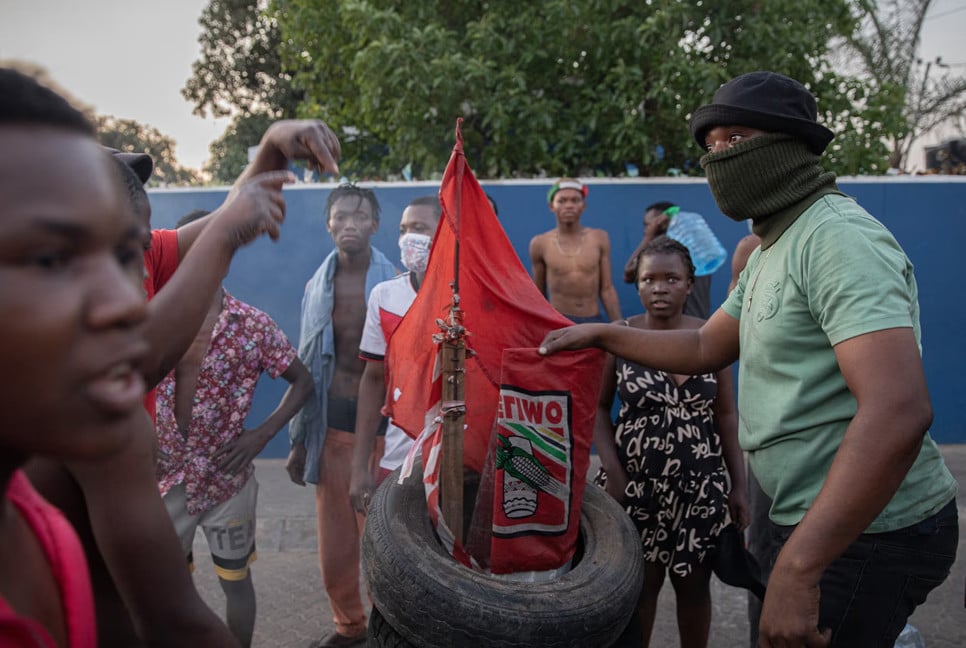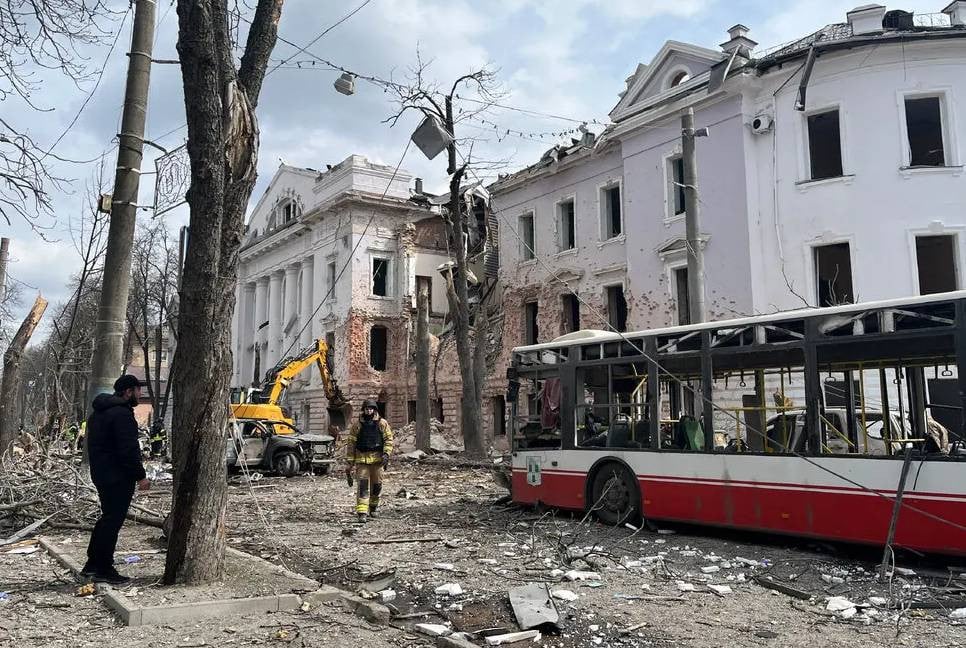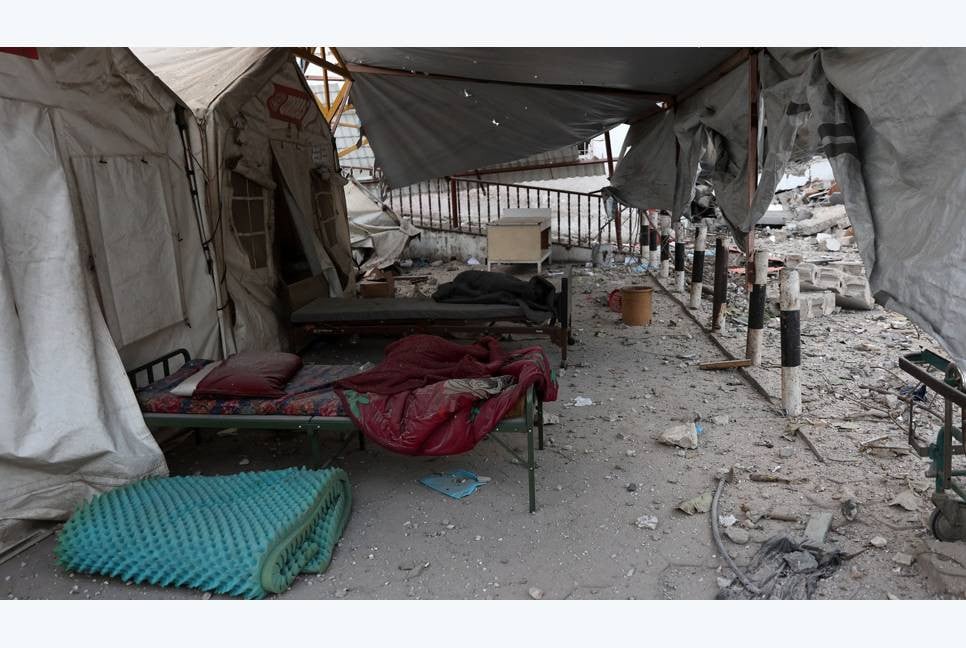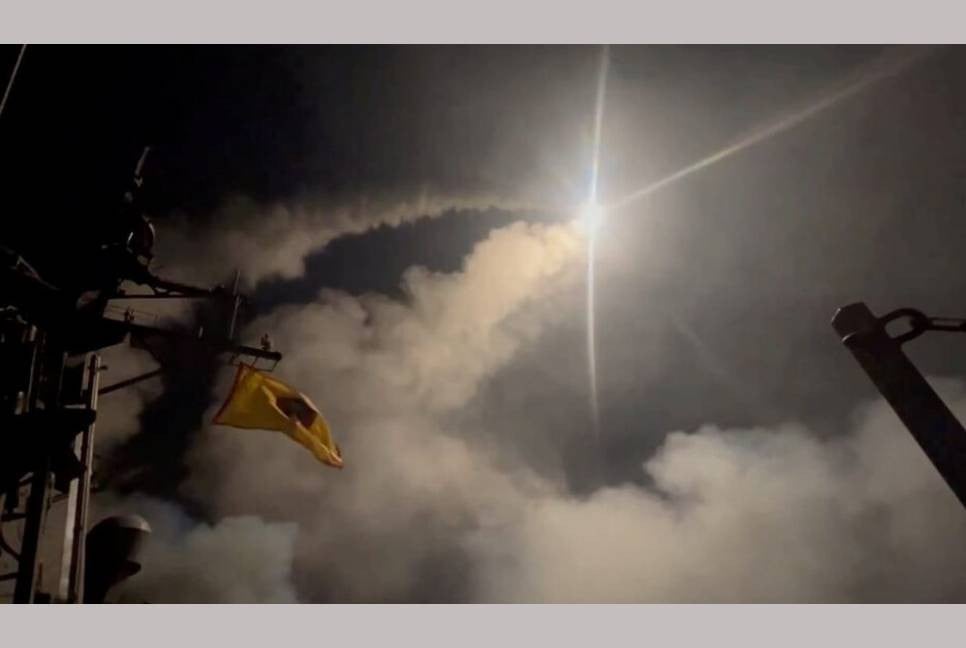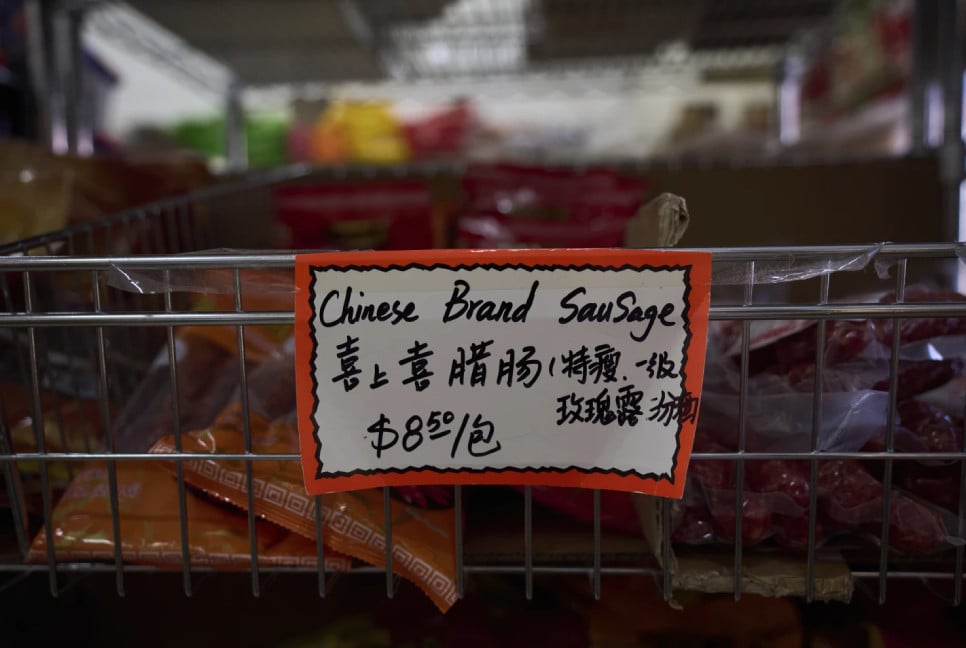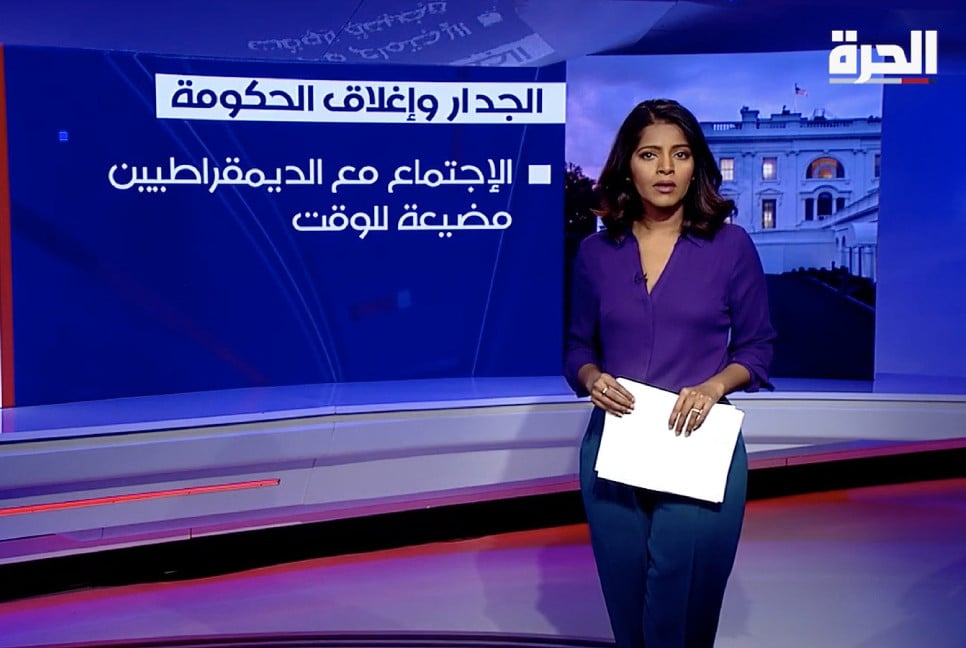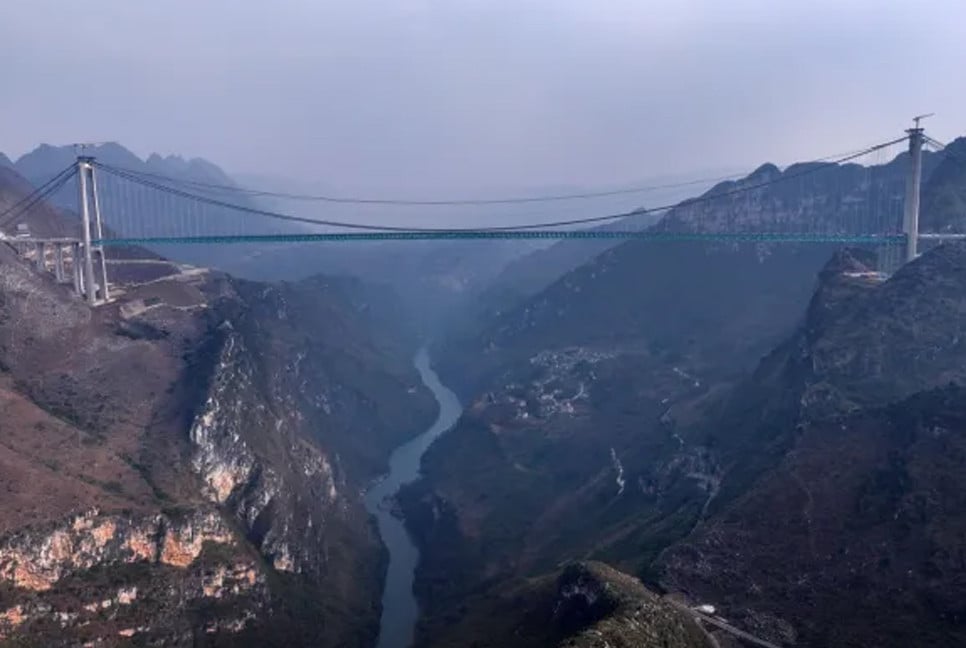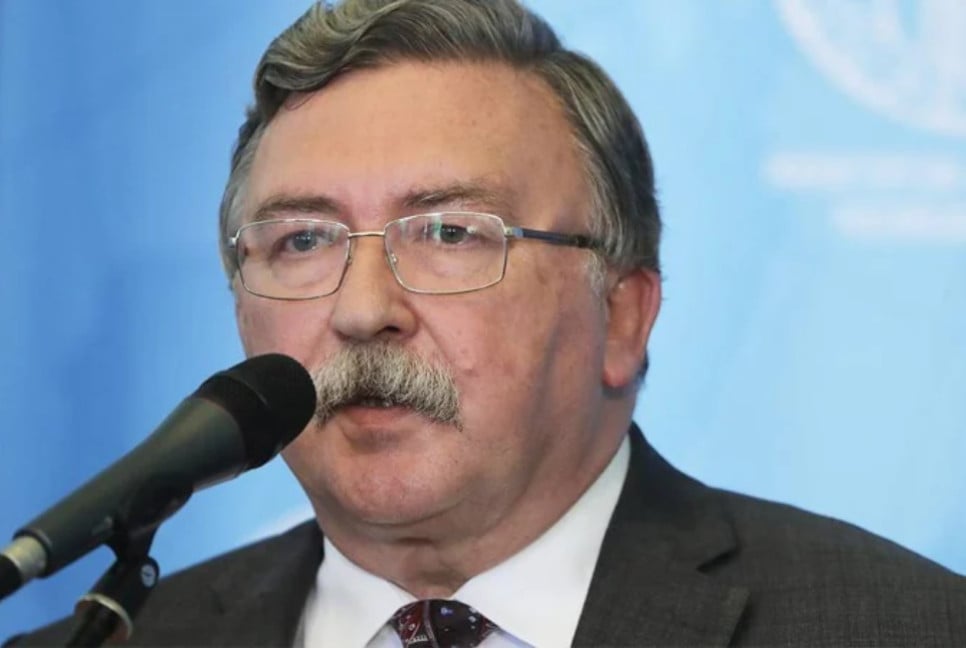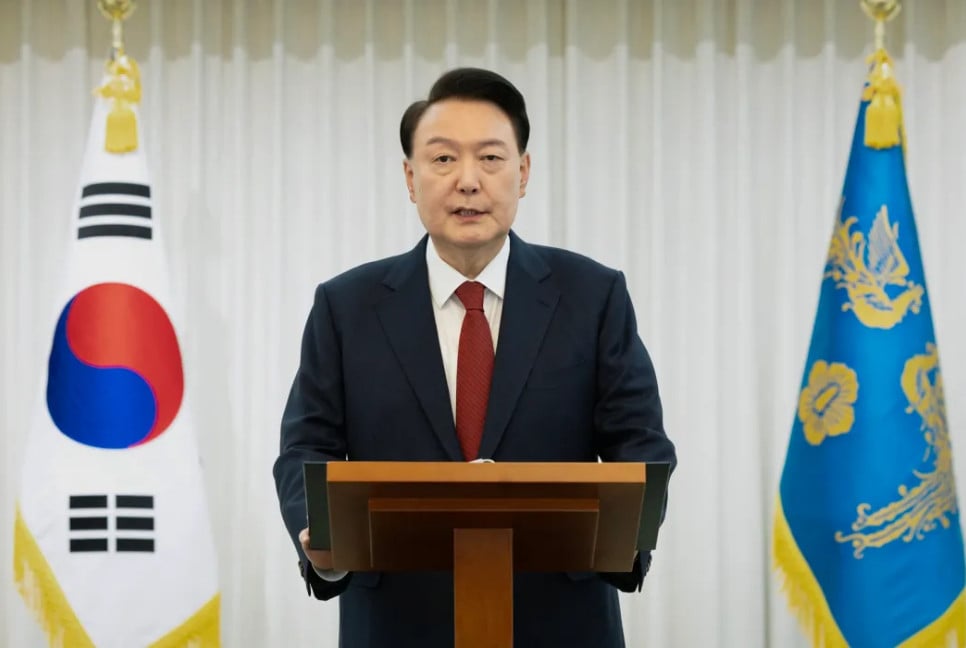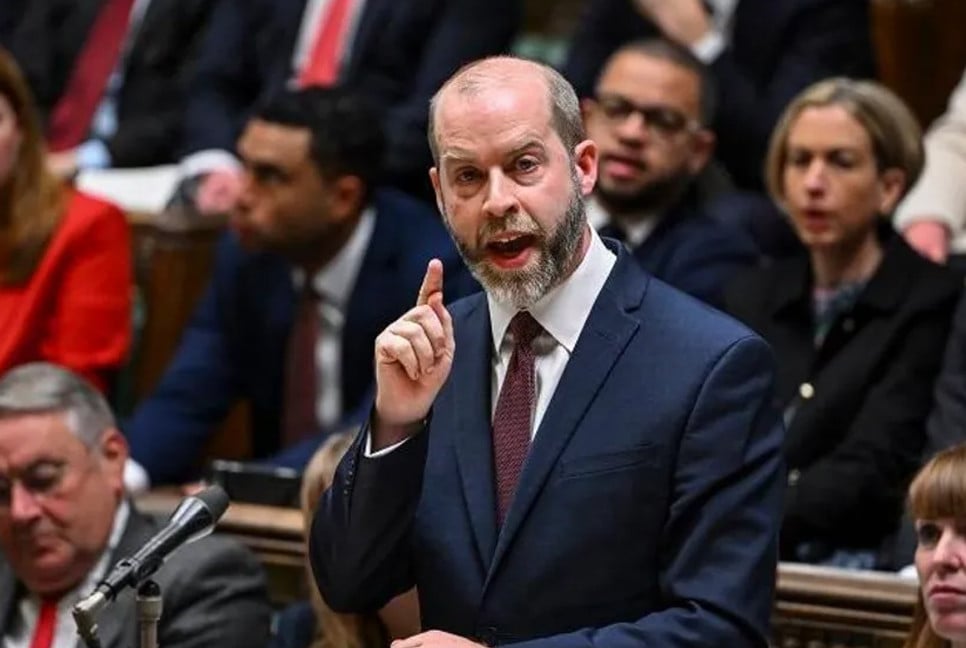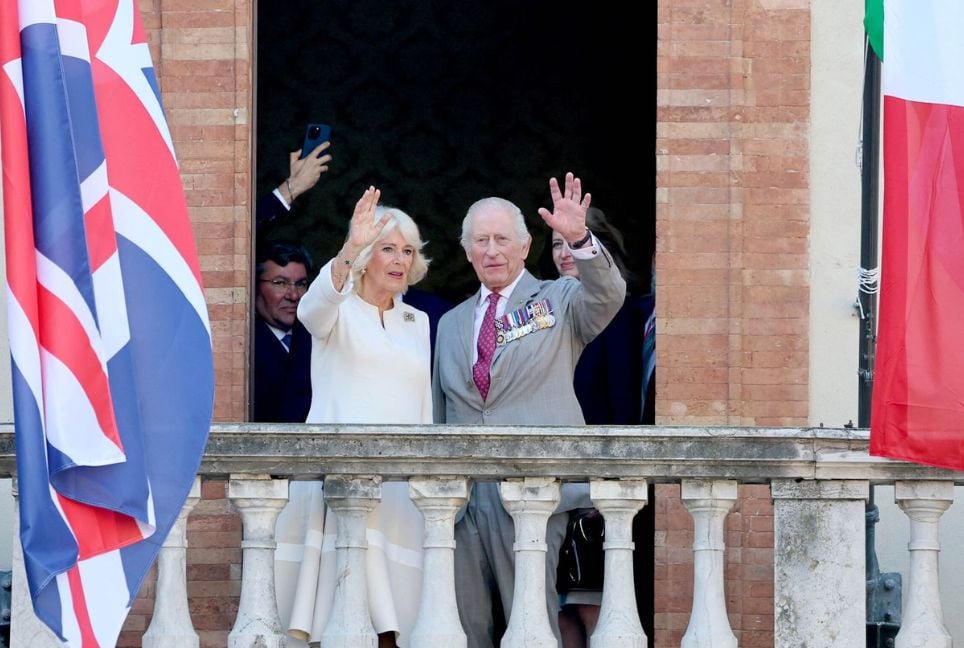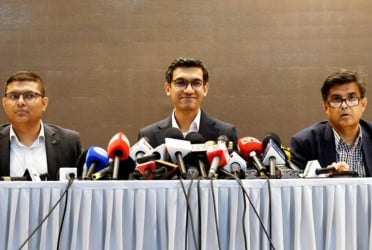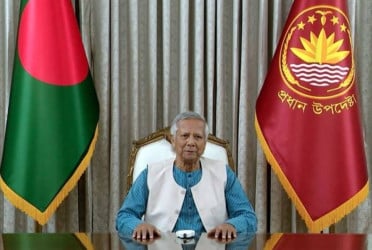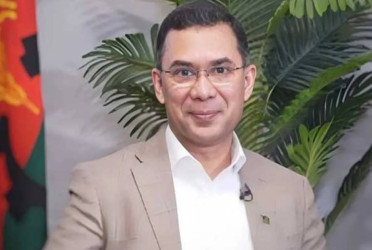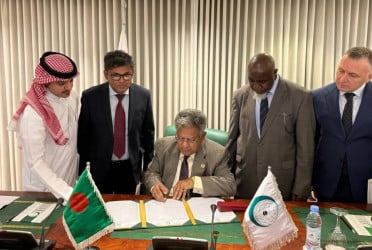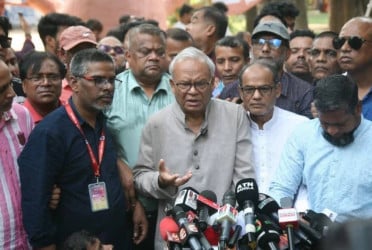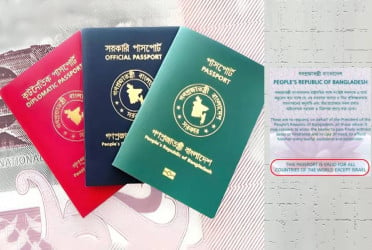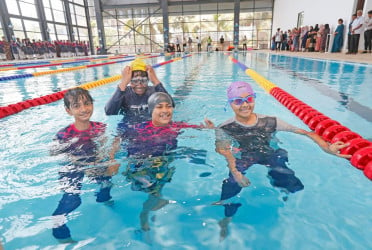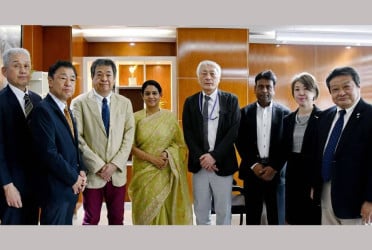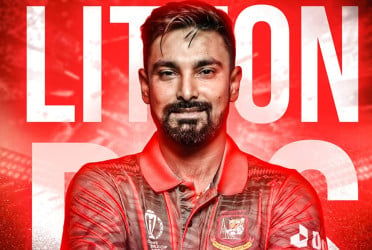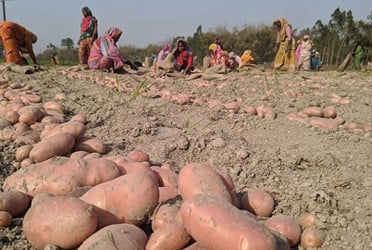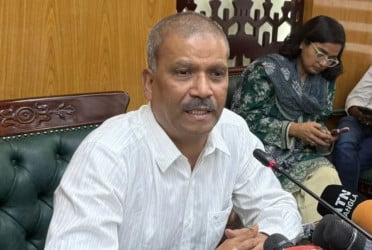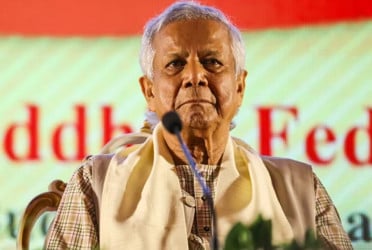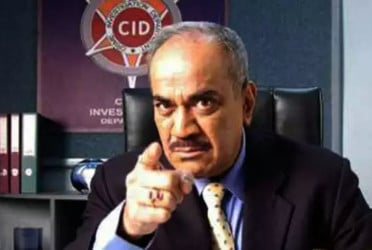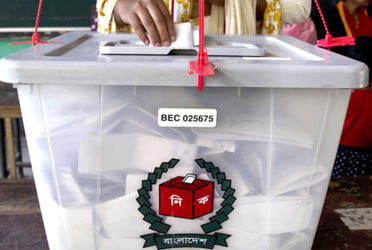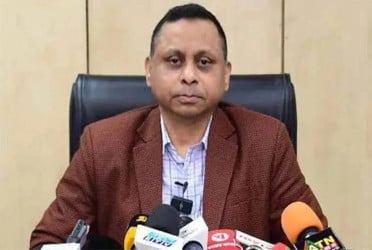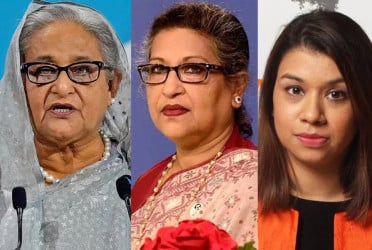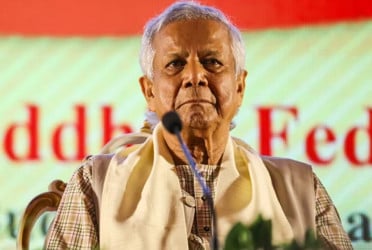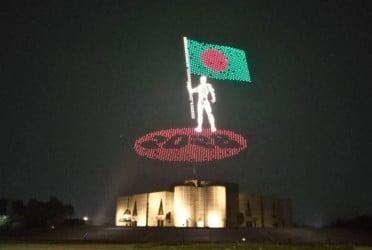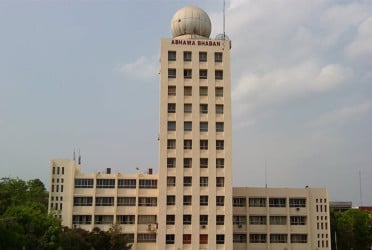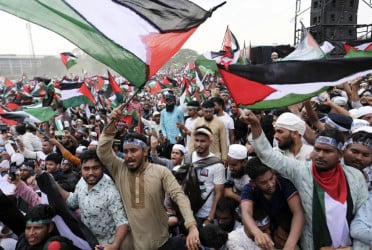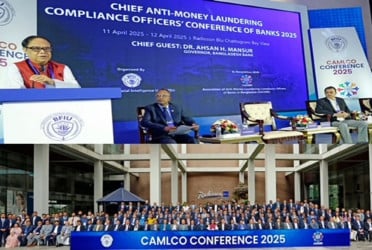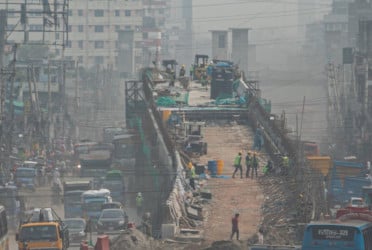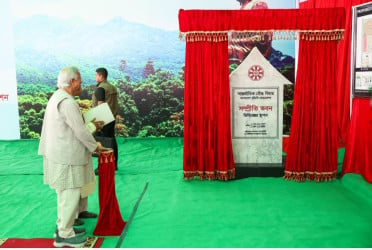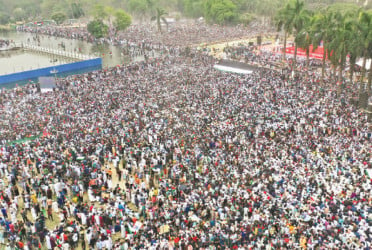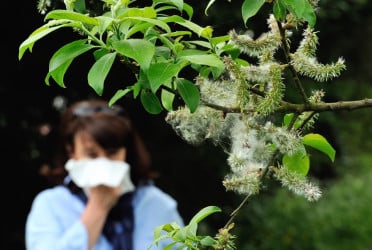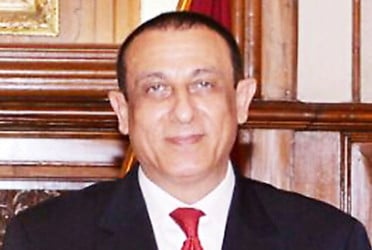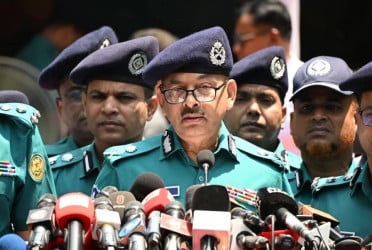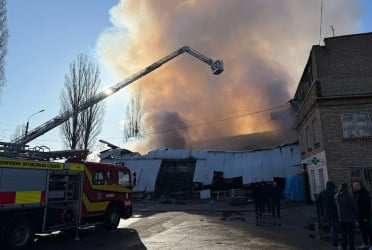Silvio Jeremias was on his way home from job at a petrol station in Mozambique’s capital Maputo when he and his friends turned into protesters demonstrating against 25th October’s election results, reports Guardian.
According to the official result, the ruling Frelimo party’s presidential candidate Daniel Chapo secured 70.7% of the vote, ensuring the party that has ruled Mozambique since independence in 1975 remained in power, but there were widespread allegations of rigging.
At the protest, one of many across the country, the police fired live bullets and Jeremias, who had a two-year-old daughter, was shot dead.
“This situation was a total shock for us. He was still very young,” his friend Carmelita Chissico said.
Jeremias is one of at least 11 people killed by security forces during protests against the election results across the country on 24 and 25 October, while 50 received serious gunshot wounds, according to Human Rights Watch.
Police said they only shot live bullets in the air to disperse crowds. Angela Uaela, a police spokesperson, said that one woman was killed and five people injured by “stray bullets”, when police tried to prevent supporters of opposition party Podemos from snatching a gun from them.
Mozambique is one of the world’s poorest countries and its young population – the average age is less than 18 – is turning against Frelimo, which has governed for almost five decades.
Its main opponent in last month’s election was Venâncio Mondlane, a former forestry engineer and banker who captured the imaginations of many younger voters.
Podemos claimed it won 53% of the vote and 138 seats in parliament. It has submitted 300 kg worth of documents in support of a 100-page legal challenge to the election results. The official election commission, however, said Frelimo had increased its representation in the 250-seat parliament by 11 MPs to 195, while Podemos won 31.
Before the vote, civil society groups had accused Frelimo of registering almost 900,000 fake voters, out of an electorate of 17 million. Mozambique’s Catholic bishops alleged there had been ballot stuffing, while EU election observers said there were “irregularities during counting and unjustified alteration of election results”.
On 19 October, as allegations of vote rigging were already swirling, lawyer Elvino Dias and Paulo Guambe, a filmmaker and Podemos official, were shot dead by unknown gunmen.
Human rights researchers have said that the shootings fit a pattern of opposition politicians, journalists, activists and lawyers being killed and no one being brought to justice.
“It’s premature to say whether or not there are any clues [as to who the killers are],” said Hilário Lole, spokesperson for the National Criminal Investigation Service, which is investigating the case.
António Niquice, a member of Frelimo’s central committee, said he was shocked by the shootings and called on the judiciary to hold the killers accountable.
Plain clothes policemen also allegedly shot at Mondlane as he held a press conference on 21October at the site where Dias and Guambe were killed.
“They started firing real bullets directly at… Venâncio,” said Amade Ali, a 30-year-old who was acting as one of Mondlane’s bodyguards.
“We started running to the car [and I] suddenly got hit by a real bullet, not a rubber one,” he said, indicating that a bullet had hit his right cheekbone.For those mourning Jeremias, their grief has merged with calls for political change.
Last Tuesday, as mourners wept over his coffin, wearing white t-shirts bearing his face and holding up his photo. They shouted out, calling for justice and democracy.
In footage broadcast by STV, a local TV station, two young women held up paper signs in Portuguese that read: “You can kill me but don’t kill democracy.”
Bd-Pratidin English/ Afsar Munna

